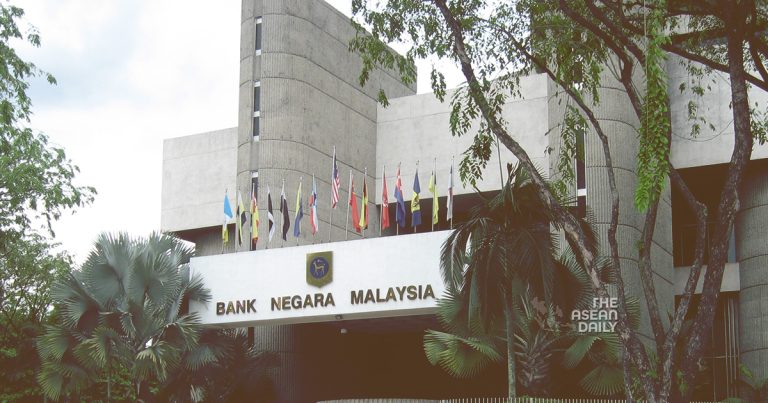20-3-2024 (KUALA LUMPUR) Malaysia’s central bank issued a call on Wednesday for an acceleration of structural reforms, aiming to bolster long-term economic strength. The nation’s economic outlook for 2024 appears promising, with anticipated growth driven by a resurgence in exports and robust domestic spending.
According to documents released alongside its annual report, Bank Negara Malaysia highlighted favourable economic conditions expected for the year, citing moderate inflation and an anticipated uptick in trade activity. This positive environment presents an opportune moment for the government to enact crucial changes, including the rationalisation of subsidies.
The Malaysian government intends to transition from broad-based subsidies to a more targeted system, primarily assisting low-income groups. However, the timeline for implementing these measures remains uncertain, potentially leading to an increase in fuel costs.
Abdul Rasheed Ghaffour, Governor of Bank Negara Malaysia, expressed cautious optimism in the central bank’s 2023 economic and monetary review foreword. He stated, “We can be cautiously confident that a good year is ahead of us,” emphasising the need for Malaysia to undertake essential structural reforms to secure its future.
The central bank maintained its growth forecast for 2024 between 4 per cent and 5 per cent, with exports expected to rebound by 5 per cent following an 8 per cent contraction in the previous year.
Bank Negara Malaysia also anticipated minimal inflationary impact from new taxes and adjustments to utility tariffs, projecting stable headline inflation between 2 per cent and 3.5 per cent for the year. However, potential upward risks persist due to price adjustments resulting from subsidy reforms and higher input costs due to the nation’s weakened currency.
While the Malaysian ringgit has shown signs of recovery after reaching a 26-year low last month, it remains down approximately 3.2 per cent against the US dollar year-to-date. Abdul Rasheed reiterated concerns about the ringgit’s undervaluation, underscoring the importance of reforms addressing structural issues and investments in decarbonisation and high-value industries to bolster the currency and reflect Malaysia’s robust economic fundamentals.
“We are mindful that persistent and material undervaluation of the ringgit, if not addressed, could have permanent implications on the economy,” Abdul Rasheed cautioned, advocating for proactive measures to safeguard Malaysia’s economic stability.




